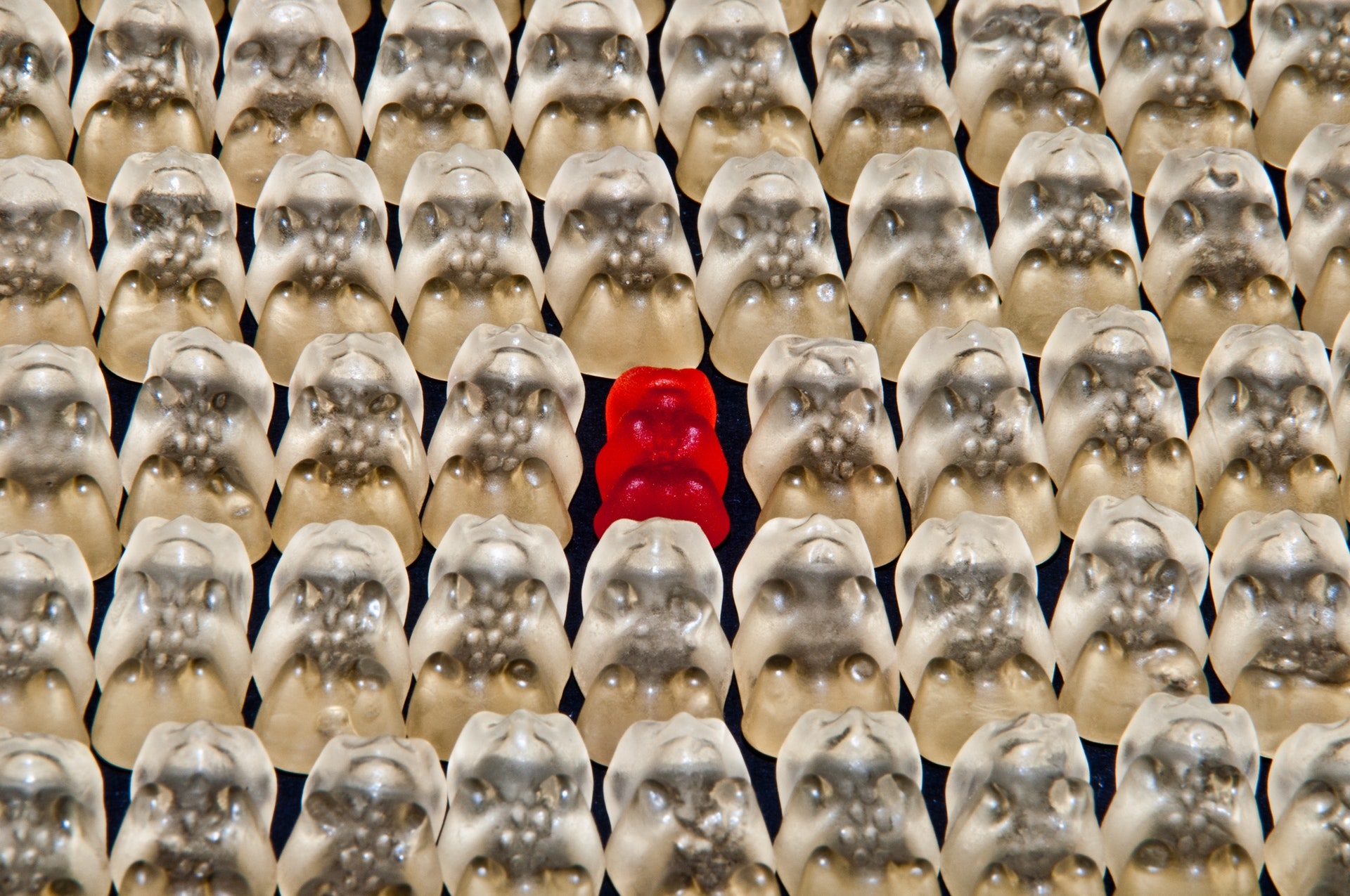
The other day, my friend was telling me about how she started growing peppers last year. She named about twelve different peppers that are in her garden. She said that some were hot peppers and others not so much. When she was preparing a salsa and cutting a poblano (mild pepper), she noticed that her fingers were burning. She double-checked and was certain she was cutting a poblano. But, when she tried it, she couldn’t believe how hot it tasted.
Apparently, you should isolate hot peppers from milder ones. She said something about cross-pollination from the previous season and I just nodded in agreement. However, the concept made me think about the role the environment plays. Being surrounded by hot peppers and being grown in the same soil as hot peppers from the year earlier, caused mild peppers to take on a different flavor. Is the same true for us and our environment?
Our environment affects us more than we think. But, I would argue that the way we look at our environment affects us more than we think. We are not simply the result of the environment around us. Our environment is the combination of what surrounds us and also how we see what surrounds us.
Experience is defined only partially by what happens to us. The other part is how we interpret it. On days where I am more stressed or frustrated, I tend to view the actions of others in a more negative way. If I had a tough day and zone out at a stoplight thinking about everything that went wrong, I find the person that honks at me as impatient and rude. If I had a great day and I zone out at a stoplight, the honk snaps me out of my day dream and I wave at the person for signaling it was time for me to go. Same scenario, same experience, but much different interpretation.
Our environment is partly what happens to us and partly how we interpret it. We improve our environment by choosing to interpret circumstances and experiences positively rather than negatively.
A study done performed in 2011, looked at the hormonal response after drinking either a “sensible” shake or a “decadent” shake. As expected, there was a greater hormonal response with the “decadent” shake more so than the “sensible” shake. What is surprising though, is that both shakes were identical and only labeled differently. The response that a person had was determined by whether or not they believed the shake to be healthy, not by the shake itself.
When we find ourselves in a less than desirable environment, it benefits us to change our mindset first. We may have the exact same shake as previously, but we may have labeled it differently. Changing the label or changing our mindset has the power to change our environment and ultimately our outcomes. We are not the poblano pepper that is destined to be changed by our environment, we are an active part of our environment. What we think is as important as what we do.
When frustrated with a situation, have you tried changing your mindset first?